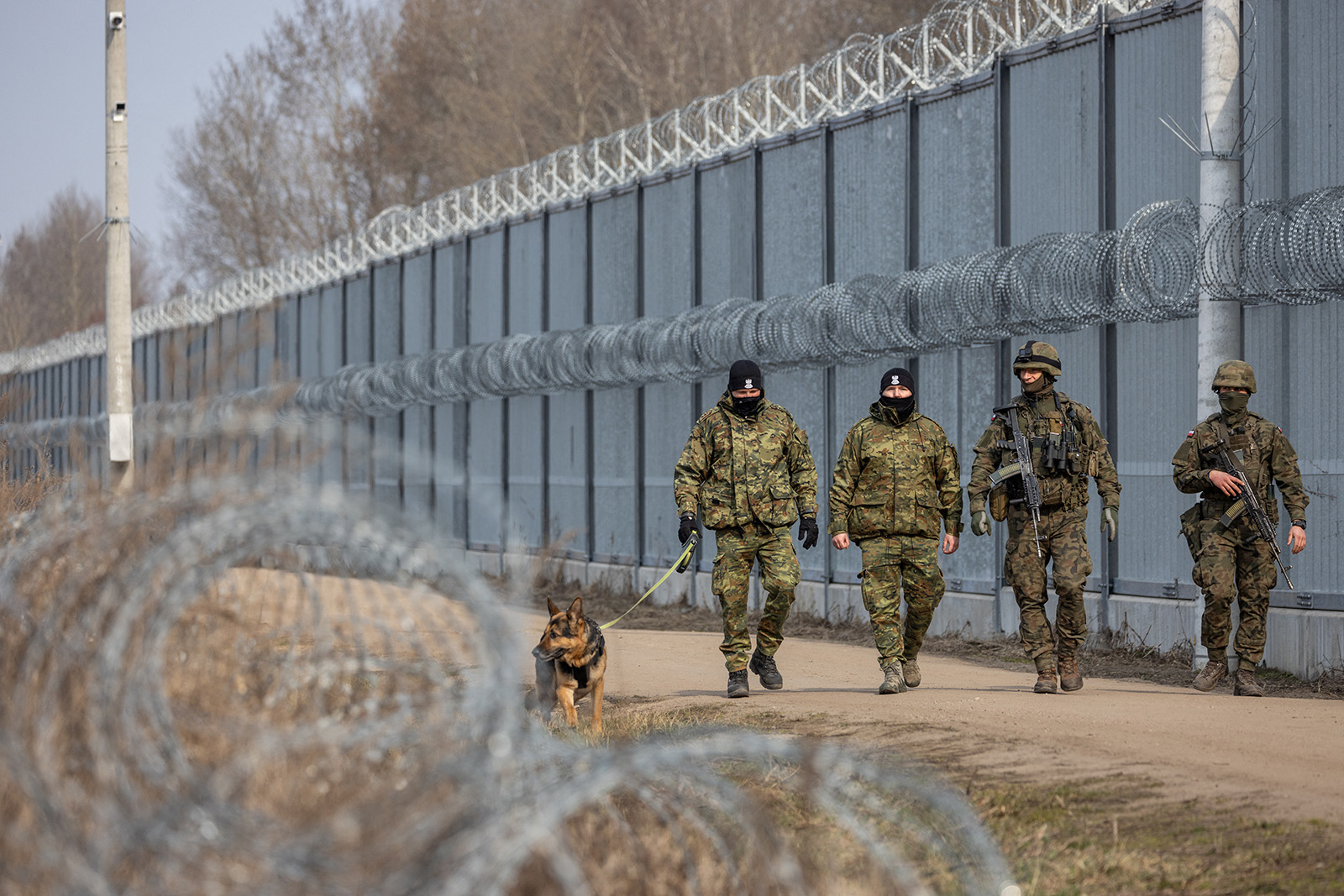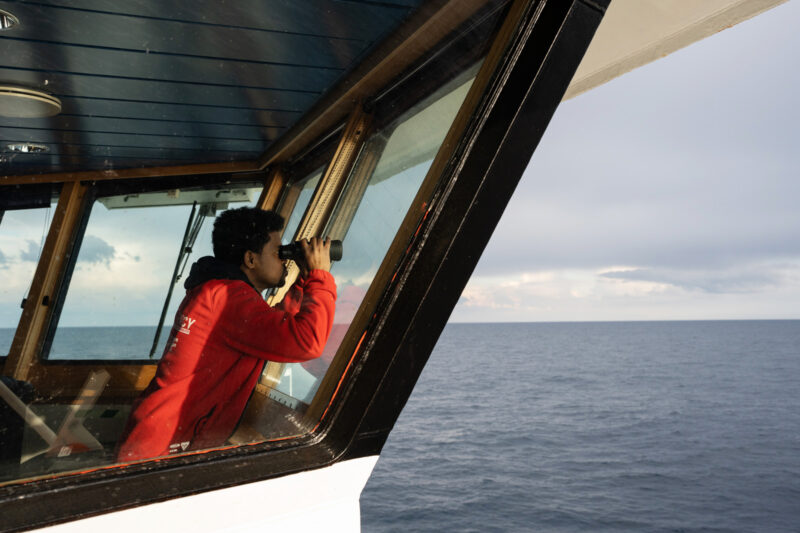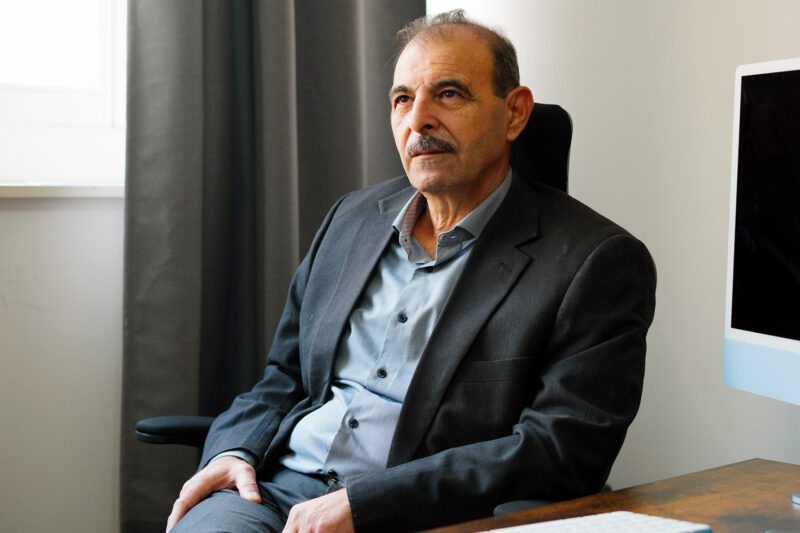Poland passed an ‘illegal’ anti-asylum law and the EU isn’t doing anything
People crossing the Belarusian border — including Afghan, Iraqi and Somali migrants — are no longer able to claim asylum, breaching international law

Poland has suspended the right of migrants crossing its Belarusian border to apply for asylum, via a controversial bill signed into law by president Andrzej Duda on 26 March.
The bill, which was first passed by the Sejm, the lower chamber of the Polish parliament, in February, gives prime minister Donald Tusk’s government the power to suspend the right to apply for asylum — previously guaranteed by the 1951 UN refugee convention — for up to 60 days in cases where it believes “instrumentalisation of migration” is happening. That means one country helping people who aren’t its own citizens to cross a border into a third country.
There are exemptions for unaccompanied children, pregnant women, the elderly, those who are unwell and those exposed to “a real risk of serious harm”.
But the law has been accused of violating the Polish constitution, human rights, and international law by the Polish human rights ombudsman, Marcin Wiącek, and organisations including Amnesty International, Human Rights Watch and the United Nations High Commissioner for Refugees.
The background
Belarus has been accused of instrumentalising migration on its western borders, shared with Poland, Latvia, and Lithuania, since 2021. The European Commission has said that Belarus is deliberately luring migrants with a promise of easy access to the EU, by simplifying tourist visa requirements, and then assisting migrants in making the journey from Minsk airport to the border. Belarus president Alexander Lukashenko has denied this.
Some migrants have described being pushed back and beaten by both Polish and Belarusian border guards — unable to enter Poland and prevented by force from retreating to Belarus.
The number of attempted irregular crossings of the Polish-Belarusian border peaked at 17,300 in October 2021 but has decreased sharply, dropping below 1,000 in December 2024.
The most common nationalities for people stopped at the Belarusian border last year were Syrian, Ethiopian, Somali and Eritrean, according to the Polish Border Guard.

The law
Polish migrant organisations and lawyers say that the new law confirms the existing status quo on the border rather than bringing changes.
“The border guards have already been refusing to receive applications for asylum,” said Olga Kosmalska, an attorney working with the Polish organisation Nomada, which offers support to refugees and migrants. “Now the law sanctions this.”
She has doubts that exemptions to the law will be respected.
“It is now left to individual border guards to decide whether someone qualifies for an exemption, but how can this be done in practice?” she said. “How can a woman, alone in a forest, prove that she is pregnant?”
Kosmalska also worries that the exemption for unaccompanied children will incentivise families to send their children over the border alone.
“The government says this law is necessary for national security, but I think this law is in fact very dangerous,” she said.
European precedent
The EU has tightened its migration and asylum legislation over the last 10 years, said Meron Ameha Knikman, senior EU advocacy adviser at the International Rescue Committee (IRC) — a non-governmental organisation advocating for the rights of refugees.
Since 2021, several countries on the EU’s eastern border have introduced similar laws, effectively breaching the refugee convention by suspending the right to claim asylum. In July 2024, the Finnish government passed a law empowering the government to reject asylum applications from migrants crossing its Russian border, while both Latvia and Lithuania passed laws legalising the pushback of migrants back into Belarus in 2023.
“What we have seen over the last 10 years in Europe is one country after another going in the same direction,” said Knikman. “Both on member state and at EU level the laws are becoming more strict — more about deterrence than letting in people who need protection or making sure that they have legal pathways to the EU.”
Initially, Poland’s bill was met with disapproval from the EU, whose spokesperson said that member states had an “obligation to provide access to the asylum procedure”. But in December, the commission issued new guidelines for combating the instrumentalisation of migration by Russia and Belarus, saying member states could take measures which “may entail serious interferences with fundamental rights such as the right to asylum” so long as “stringent conditions” were met.
“It is up to the commission to make sure the member states implement laws that are set out by the EU,” said Knikman, referring to the recently agreed migration pact, which obliges member states to share responsibility for asylum seekers — and which Poland has already threatened not to abide by. “But at the moment, we haven’t seen a very proactive stance by the commission in the case of Poland.”
An EU spokesperson said: “The commission does not comment on comments.”
 Newsletter
Newsletter













